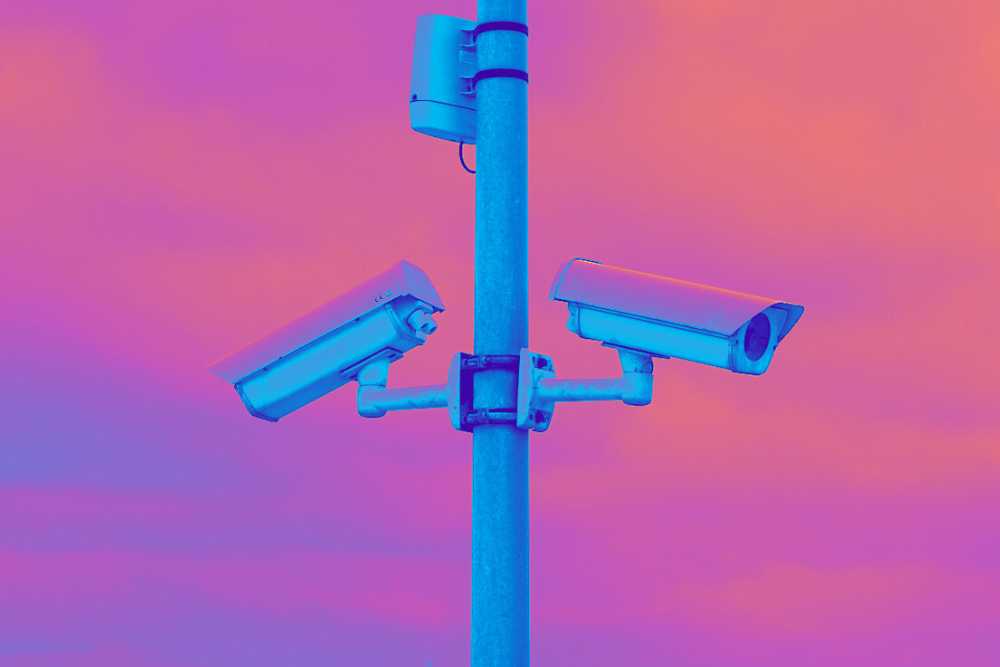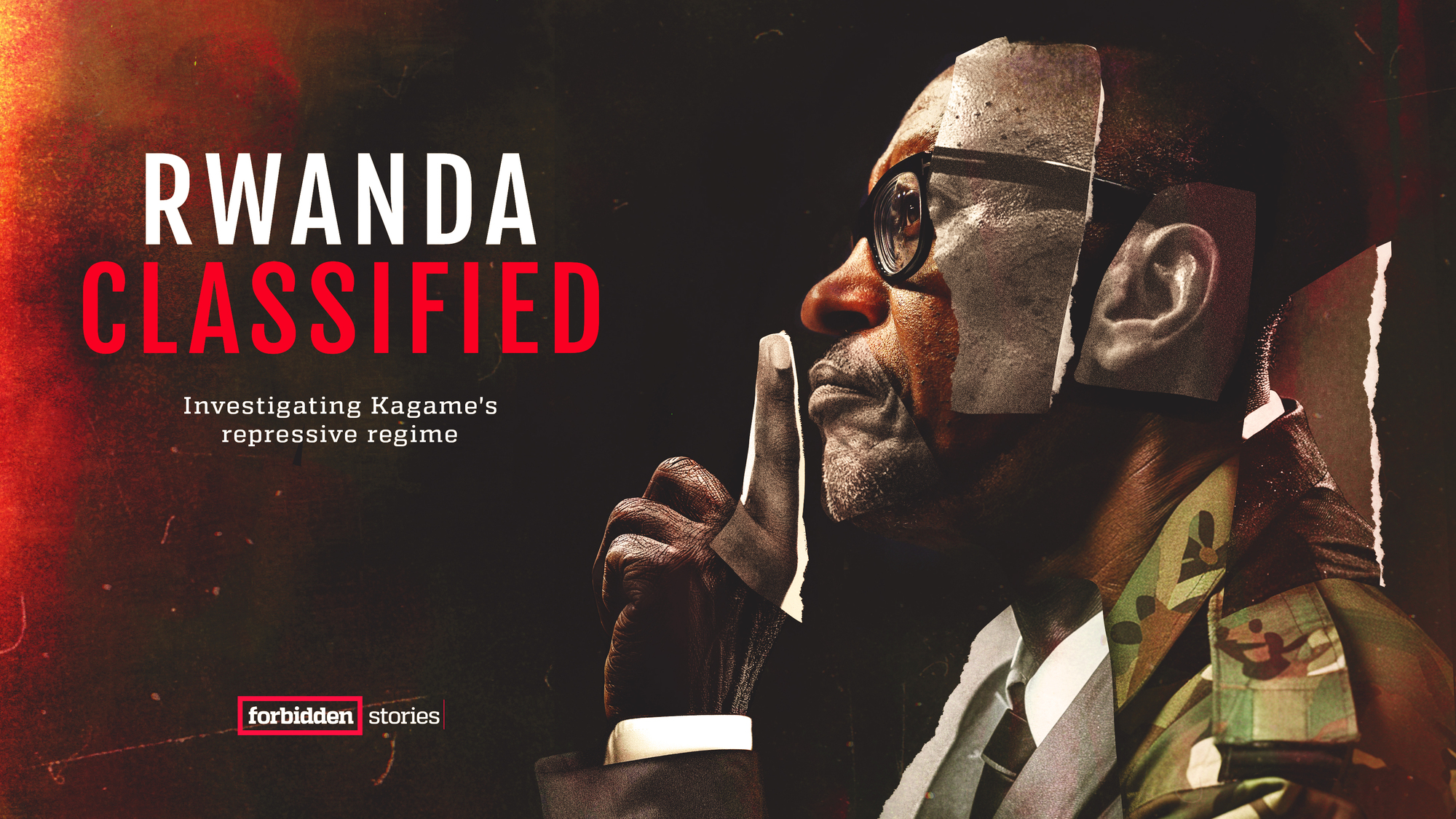“Every time our leaders speak of friendship, we get scared again.”
Uganda had long been a safe space for Rwanda’s Patriotic Front (RPF). Before 1994, President Yoweri Museveni’s National Resistance Movement (NRM) had helped the exiled RPF in its struggle against the erstwhile Hutu regime in Rwanda; he had employed its leaders in his own military and state machinery. Many of the politicians and soldiers of the two movements were related and had families on both sides of the border. When the RPF’s Paul Kagame came to power in Rwanda in 1994, these relationships were still intact.
The two ruling parties’ interests clashed in the “Great Congo War” in the late nineties and early 2000s, when military-linked businessmen from both countries fought for mining sites in the DRC. But they thawed again from 2005, at the time when a new Police Inspector General took office in Kampala. Sources in Uganda’s political and state circles allege that General Kale Kayihura used his position to help Rwanda monitor, harass, and even kill those who had left their country in disappointment and fear of Kagame’s increasingly repressive regime. The allegations, including that he did little to find and arrest the perpetrators responsible for the many deaths and disappearances of Rwandan exiles in Uganda, are strenuously denied by Kayihura (see below).
According to exiled Rwandan former presidential adviser David Himbara, the victims started to pile up to well over fifty in Uganda alone especially after 2010, when a branch of the opposition Rwanda National Congress (RNC) was established in Kampala.

Widespread spying
According to a Ugandan security source there was widespread electronic spying. “At the time, Rwanda had infiltrated Ugandan intelligence and was able to tap phone records of Ugandans who serve at the highest offices as well as one of the major telecoms, MTN,” he said.
Among the more high-profile victims in Uganda was journalist Charles Ingabire, the editor of the online exile news site Inyenyeri News, who was shot in a Kampala bar in 2011. Noble Marara, a former presidential bodyguard now in exile in London but then in Kampala, “helped him open up Inyenyeri News,” he says. “Just a few hours before he was shot, I told him not to go out at night. The killers stole his laptop after shooting him dead.”
In 2013, former Kagame bodyguard Joel Mutabazi, who also lived in exile in Kampala, was – reportedly by a group of collaborating police officers – kidnapped and renditioned back to Rwanda, where he was jailed. “I can’t bet that he is alive now,” says a journalist who knew him.
The journalist was called to the High Commission
The Rwandan embassy in Kampala is mentioned in a later case, where a journalists’ book launch was called off among death threats in 2017 “after I was called to the High Commission to be told about inaccuracies,” according to the journalist, Justus Muhanguzi.

A sigh of relief
Many sighed with relief when, towards the end of 2017, relations between Uganda and its Rwanda neighbour started to cool again, partly under pressure from sections in the Ugandan military that had not been happy with the many cases of disappearing Rwandans. Police Inspector General Kale Kayihura was fired and arrested, together with the group of policemen who allegedly collaborated with Rwanda in the kidnapping of Joel Mutabazi. Kayihura, a former member of the Rwandan presidential guard, and several police officers were detained after an appearance before a military court. Members of the group were released from 2019 onward with charges dropped.
But those affected in Uganda still sleep with one eye open, especially now that friendship ties between the two autocrat leaders, Uganda’s Museveni and Rwanda’s Kagame, appear to be strengthening again. Journalists in Kampala – Rwandans, but also Ugandans who observe the situation- continue to “change gadgets (like telephones) as often as we can,” says one, who asks to remain anonymous, adding that he “fear(s) the embassy more than anything else.” To which another adds: “Every time our leaders speak of friendship, we get scared again.”
“There is no credible evidence for such wild allegations”
The Rwandan High Commission in Kampala did not answer to questions. But (now retired) General Kale Kayihura wrote a long response to ZAM in which he took issue with what he called a “malicious recycling of falsehoods.” “It is gravely erroneous, and, in fact, malicious to assert that I was removed from office, detained, and charged on allegations that I was spying for Rwanda”. Kayihura wrote in his response, adding that “espionage was not among the holding charges preferred against me before the General Court Martial.” He also said that he had been “falsely accused” in the case of Joel Mutabazi, pointing out that the “charge (…) as you correctly say was dropped” and that there is “no credible evidence to support such wild allegations.”
Kayihura additionally denies the accusation that he did not do enough to protect Rwandan exiles in Uganda, saying that “contrary to the stories you highlight, I protected Rwandese exiles in Uganda, whenever I got information, or whenever they sought protection,” and giving examples of several such cases.

See also RWANDA CLASSIFIED | Investigating Kagame’s repressive regime
See also ZAM investigations editor Evelyn Groenink’s take on the findings of the project


